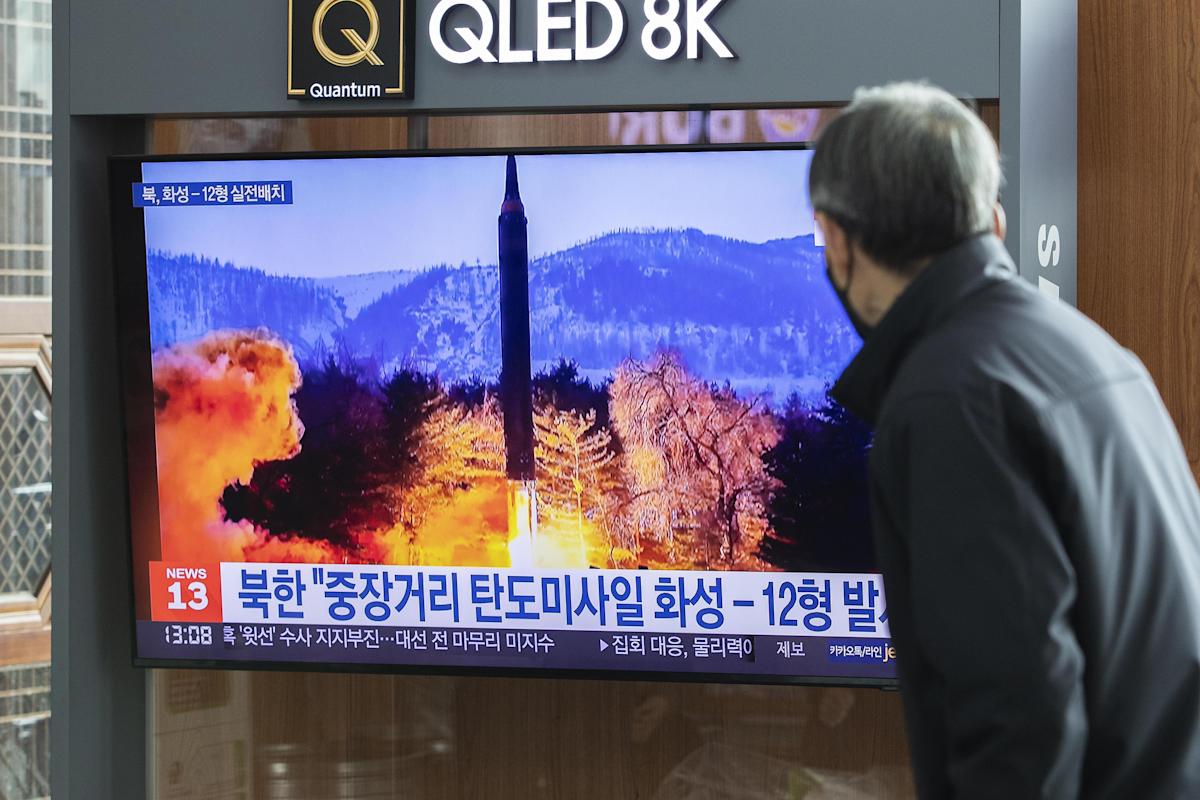
A confidential U.N. report says that North Korea’s cyberattacks, “particularly on cryptocurrency assets, remain an important revenue source” for the government of Kim Jong Un.
The new report, submitted to the U.N. sanctions committee and obtained in part by CBS News, is an annual accounting by independent monitors known as the “1718” Committee — named for the U.N. resolution that has imposed biting sanctions on North Korea since 2006. The report relies on its own often on-site investigations as well as open-sourced information and intelligence from member states of the United Nations
In past reports, the U.N. expert panel has described “elaborate subterfuge” that the government of North Korea uses to evade U.N. sanctions and earn billions of dollars. The excerpt of this year’s report seen by CBS News said that “sophisticated maritime sanctions evasion continued, facilitated by deliberately obfuscated financial and ownership networks.”
The panel’s 2021 report also detailed malicious cyberattacks. But the new report appears to go further, claiming that North Korea “continued to seek material, technology and know-how” through “cyber means and joint scientific research.”
According to Reuters, other excerpts from this year’s U.N. document highlight evidence from a U.N. member that shows North Korea “cyberactors” between 2020 and mid-2021 stole more than $50 million from at least three cryptocurrency exchanges. The panel cites a report from a cybersecurity firm that said North Korean attacks on cryptocurrency platforms earned the hermit state almost $400 million in digital assets.
An excerpt from the report obtained by CBS News noted that “there was a marked acceleration of the testing and demonstration of new short- and possibly medium-range missiles incorporating both ballistic and guidance technologies and using both solid and liquid propellants, which continues as of the end of January 2022.” North Korea also “continued to maintain and develop its nuclear and ballistic missile” programs in violation of U.N. Security Council resolutions.
The report on North Korea’s nuclear advancements comes at a time when tensions among Security Council members are running high.
In response to the flurry of missile tests this year, the Biden administration in mid-January imposed sanctions on five North Korea officials. The administration also announced at the time it would seek further sanctions from the U.N. After even more launches, the U.S. called for a closed council meeting, which Russia unsuccessfully tried to block in a procedural vote.
At the Friday meeting, China and Russia would not sign onto a statement condemning the proliferation of North Korea’s missile launches, but nine council members, including the U.S., issued a statement that called the recent launch of an intermediate-range ballistic missile (IRBM) a “significant escalation” and condemned the “unlawful action in the strongest terms.”
Divisions within the council on what to do next were evident in the acrimonious statements by diplomats following the closed meeting.
U.S. Ambassador Linda Thomas-Greenfield said, “The United States has made clear that we are willing to meet with the North Koreans without preconditions, but before we can commit our President to meeting, we need to have a better sense of what there is to achieve.”
China’s Ambassador Zhang Jun said that the U.S. needs “to show more sincerity and flexibility.”
The most recent report noted that the humanitarian situation continues to worsen. It contains 30 recommendations, some of which may be revised before the final report is issued.
Scientists researching ways to recycle space debris
2022 Winter Olympics enters second day under strict COVID-19 regulations
COVID-19 deaths remain high despite plummeting infection rates




